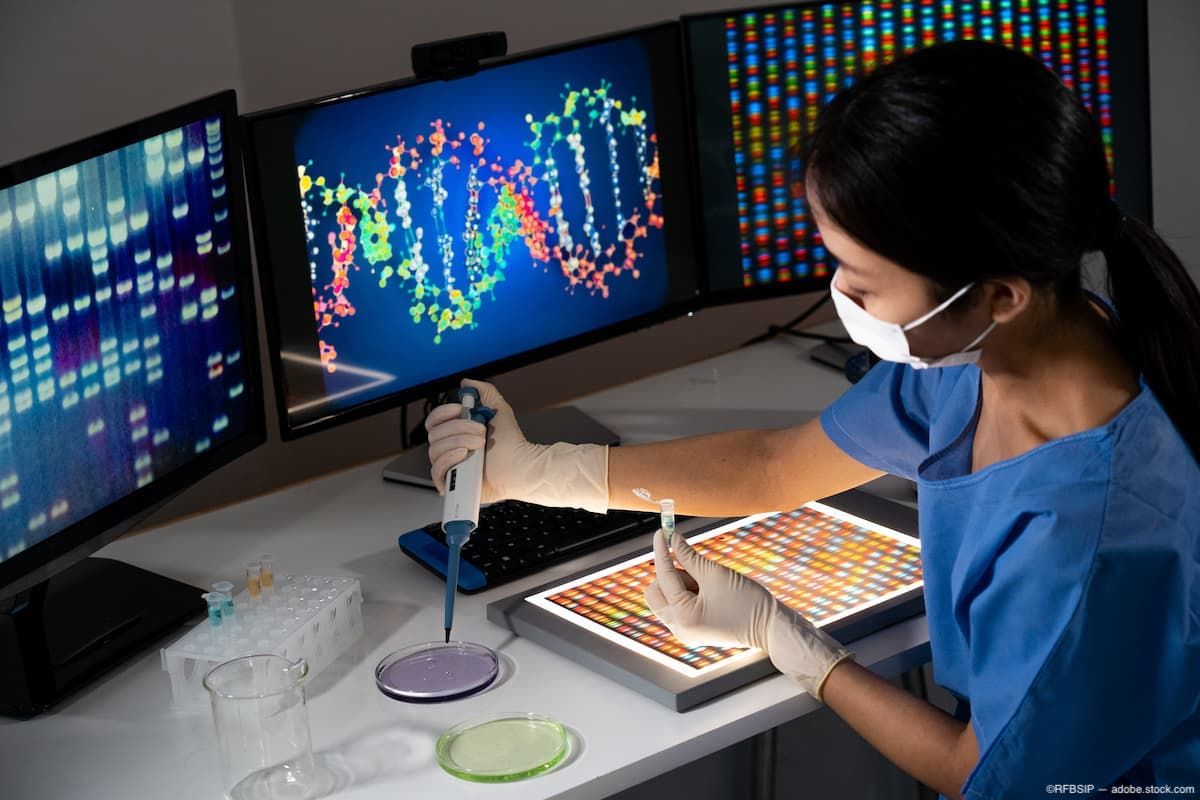- Therapeutic Cataract & Refractive
- Lens Technology
- Glasses
- Ptosis
- AMD
- COVID-19
- DME
- Ocular Surface Disease
- Optic Relief
- Geographic Atrophy
- Cornea
- Conjunctivitis
- LASIK
- Myopia
- Presbyopia
- Allergy
- Nutrition
- Pediatrics
- Retina
- Cataract
- Contact Lenses
- Lid and Lash
- Dry Eye
- Glaucoma
- Refractive Surgery
- Comanagement
- Blepharitis
- OCT
- Patient Care
- Diabetic Eye Disease
- Technology
Nanoscope Therapeutics lead candidate MCO-010 meets endpoints in RESTORE trial for retinitis pigmentosa
MCO-010 demonstrated a statistically significant improvement of best-corrected visual acuity (BCVA) at week 52.
Image Credit: AdobeStock/RFBSIP

The 2-year Phase 2b RESTORE trial has achieved its primary and key secondary endpoints with statistical significance and no serious adverse events. This randomized, controlled clinical trial of Nanoscope Therapeutics lead program, MCO-010, a mutation-agnostic gene therapy, evaluated the candidate for treatment in patients with permanent and severe vision loss from advanced retinitis pigmentosa (RP).
The primary endpoint of this trial was met, with MCO-010 demonstrating a statistically significant improvement of best-corrected visual acuity (BCVA) at week 52 in both the high-dose (0.337 LogMAR; p=0.021) and low-dose (0.382 LogMAR; p=0.029) treatment groups compared to the sham control group (0.050 LogMAR). These results are notable in that the Phase 2b RESTORE trial represents the only randomized controlled trial in retinal degenerative disease to demonstrate improvement beyond the clinically important BCVA > 0.3 LogMAR threshold in a statistically significant manner.1
As the patients who participated in the trial were followed, improvements in visual function persisted or increased following week 52. This result shows the durability of a single intravitreal injection of MCO-010. A key secondary endpoint, BCVA improvement at week 76, was statistically significant in the high-dose treatment group compared to the control group (0.539 LogMAR; p=0.001). At week 76, the improvement in BCVA in the low-dose treatment group was not statistically significant compared to control (0.374 LogMAR; p=0.065). These results are consistent with what has been previously observed in the earlier Phase 1/2a open-label study.1
As the company plans for the future of MCO-010, it noted that the high-dose MCO-010 (1.2E11gc/eye) is planned to be the commercial dose. Nanoscope anticipates submitting a Biologics License Application to the US Food and Drug Administration in the second half of 2024.1
Reference:
Nanoscope Therapeutics Announces Positive Top-line Results from Randomized Controlled Trial of MCO-010 for Retinitis Pigmentosa. Nanoscope Therapeutics. Published March 26, 2024. Accessed March 26, 2024.
